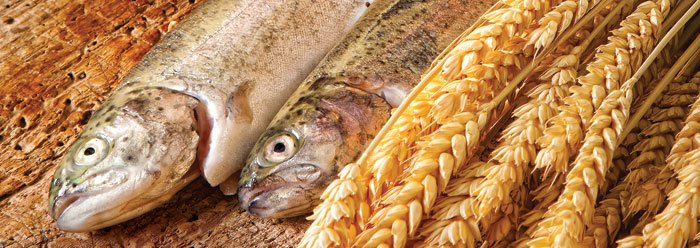The world operates on a daily basis according to natural law, without any supernatural overriding of natural processes. A miracle could thus be something not expected by ordinary processes.
Consider miracles of providence. These occur when God acts within His ordained natural processes to bestow His benevolence on His creation. They may involve the precise timing of a natural occurrence, or an unusual rate of a process. A providential event may be extremely unlikely from a statistical point of view, but within the realm of possibility. Usually we consider miracles to be something desirable, a gift of God's grace, but they may be quite catastrophic—a judgment or a chastisement.
Miracles could affect either believers or unbelievers. For believers, God answers prayers, fulfills promises, provides every need, corrects wrong behavior, and in general, shows His favor. To unbelievers, He can likewise show His favor, or punish wrongdoing. He demonstrates to all that He exists and exhibits His desire that all be saved.
In none of these cases is natural law voided or superseded. God works in and through His established order to fulfill His purposes. Certainly it is not scientifically impossible for rare events to occur, and a skeptic might not be persuaded that a miracle had occurred at all.
The second broad category of miracles are miracles of creation, which could be understood as operating outside of natural law such as the six-day creation period in Genesis. We cannot, by observing natural processes, comprehend a state before time was created, or a universe without space, or the creation of mass/energy. The basic, best-proved law of science, the First Law of Thermodynamics, declares that creation events are impossible. Likewise, we cannot comprehend, by strictly natural processes, the formation of living entities from non-living matter. (As an aside, the evolutionist has the same problem accounting for the origin of the universe from nothing, then for the subatomic particles to coalesce into atoms—into molecules, into protein chains, into cells, into invertebrates, into fish, into amphibians, into reptiles, into mammals, into people each step requiring the random rewriting of the DNA code into a more complex form.) This violates the Second Law of Thermodynamics and is impossible as far as science knows.
Thus, we have good evidence that the complexity of both inorganic and organic systems could not have originated by strictly natural process. They bear the stamp of having been "manufactured" by an intelligent source. Yet here they are!
This might be a good definition of a miracle—an impossible event which happens anyway. Such a violation of natural law requires supernatural input.
Creation scientists recognize the role of natural law in the world today. It is wise never to glibly call an unusual event a supernatural miracle. God, the supernatural Creator of nature and natural law, has the prerogative of overriding His laws, but unless He has told us of them in His Word, or we have clear evidence otherwise, it is best to rest in His providential care, knowing that He is resting from His creative acts.
Christianity demands miracles, and a miracle-working God. The miracle of creation, the incarnation, the resurrection, the new birth. Without these miracles we could have no Christianity. With them we can have eternal life.
* Dr. John Morris is President of ICR.












